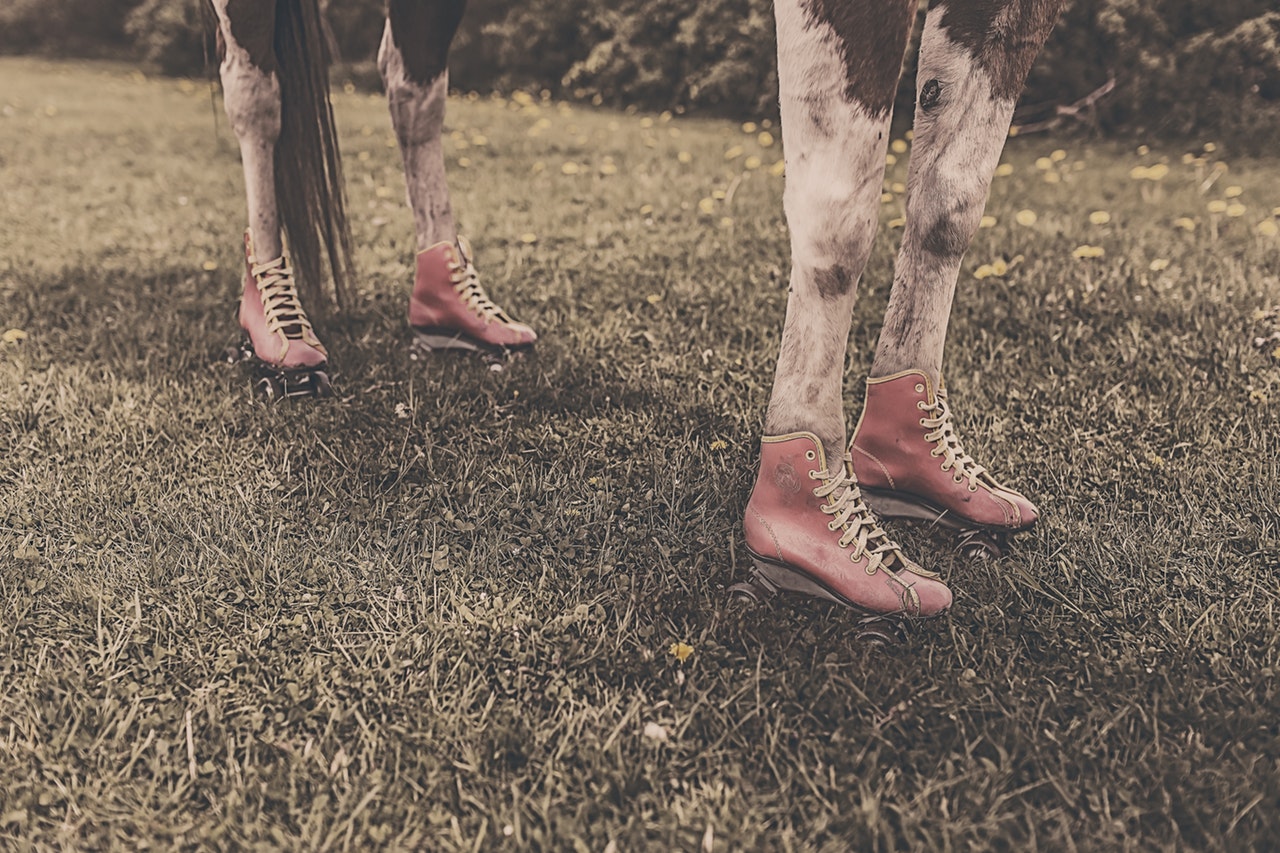How to Successfully Open Your Story

It’s hard to begin a novel. Heck, it’s even hard to begin a blog post. Why? You only have a few lines to grab a reader and draw them into your world, and the pressure is on.
While we often obsess over plot, pacing, and other mechanics of storytelling, the open is one of the most important (and difficult) elements to master. It’s a promise that you offer to your reader. Nail it and readers will stick with you, even if other elements of your story aren’t perfect. But if you don’t start your novel off in the right place, readers will grow bored or get confused and eventually give up. Not good.
In this post, we’ll discuss how to write a compelling opening for your story.
Avoid these 15 ways to open your story. Subscribe to receive this extra resource.
Start With Action
We were somewhere around Barstow on the edge of the desert when the drugs began to take hold.
Fear and Loathing in Las Vegas: A Savage Journey to the Heart of the American Dream, Hunter S. Thompson
"Where's Papa going with that ax?" said Fern to her mother as they were setting the table for breakfast.
Charlotte's Web, E. B. White
A lot of writers make the mistake of starting out with background information, but you should delay that until later on in your story. Don't spend time with too much preamble. Plunge your reader into the heart of the action to hook them right away.
Not sure how to start off your novel with action? Write a scene with two or more characters who must interact with each other.
Start With a Philosophy

Happy families are all alike; every unhappy family is unhappy in its own way.
Anna Karenina, Leo Tolstoy
Don’t look for dignity in public bathrooms.
Big Machine, Victor LaValle
What guides your characters? What do your characters, especially the protagonist, believe about themselves and their reality? What is the big idea, or theme, of your story?
You can start your novel off with a philosophy, a belief, or the way that your characters look at their world. The catch is that you must follow through with this philosophy through the rest of your story, otherwise, the opening line will ring hollow.
For example, Tolstoy follows his famous opener by weaving in the importance of family throughout the pages of Anna Karenina. His opening line alludes to a major theme of the story.
Start Simply
I had a farm in Africa.
Out of Africa, Isak Dinesen
In the town, there were two mutes, and they were always together.
The Heart is a Lonely Hunter, Carson McCullers
Openers don’t need to be clever to be great. Sometimes, the simplest phrasing is the best.
It’s pure, it’s open, and readers will appreciate your straightforward approach to storytelling.
To start your story simply, write a statement of fact about the characters or events within your story. Don’t delve into philosophy or action or clever phrasing.
Start With the Unexpected

It was a bright cold day in April, and the clocks were striking thirteen.
Nineteen Eighty-Four, George Orwell
It was a queer, sultry summer, the summer they electrocuted the Rosenbergs, and I didn’t know what I was doing in New York.
The Bell Jar, Sylvia Plath
Set the tone by unsettling your readers from the very first line. I love an opener that causes the reader to do a double-take. It’s like you’re saying to the reader, No, your eyes aren’t playing tricks on you. Hold on for a crazy ride.
To catch the reader off guard, use a casual and easygoing tone to convey a jarring truth.
Start With a Question
It was a pleasure to burn.
Fahrenheit 451, Ray Bradbury
I was born twice: first, as a baby girl, on a remarkably smogless Detroit day of January 1960; and then again, as a teenage boy, in an emergency room near Petoskey, Michigan, in August of 1974.
Middlesex, Jeffrey Eugenides
Start your story off by causing the reader to immediately ask questions. What or who is burning? How can someone be born twice? What’s going on?!
If you can get the reader to ask questions that make them read further, you’ve done your job.
Start With the Protagonist
Mama died today. Or yesterday maybe, I don’t know.
The Stranger, Albert Camus
If you really want to hear about it, the first thing you’ll probably want to know is where I was born, and what my lousy childhood was like, and how my parents were occupied and all before they had me, and all that David Copperfield kind of crap, but I don’t feel like going into it, if you want to know the truth.
The Catcher in the Rye, J.D. Salinger
Show me a new writer, and I'll show you someone who's writing in the first person. But take no offense— all writers use it at some point including me right now. And it can be effective if you know how to use it correctly.
The narrator/ protagonist combo is one of the most popular ways to tell a story because it's easy to dive right into the character's thoughts with this point of view. But caution: Not everyone's thoughts are worth publishing, including those from your protagonist. Just because you have the creative license to get into your protagonist's head, it doesn't mean that you should. Your story may benefit from a different point of view, such as the third person omniscience where you can know the thoughts of everyone.
To learn more about points of view, check out this post: All About Point of View: Which One Should You Use?
If you do choose to open your story by introducing the reader to via his thoughts, keep the following in mind:
- Give the narrator a unique voice. The narrator should "sound" different from other characters in your story.
- Use the protagonist's opening thoughts to lay the foundation for characterization. Is the protagonist wistful, impetuous, arrogant, vengeful, crazed, clever? Start painting that picture with your opening words.
Start With a Nod to the Past or the Future
Many years later, as he faced the firing squad, Colonel Aureliano Buendía was to remember that distant afternoon when his father took him to discover ice.
100 Years of Solitude, Gabriel García Márquez
In my younger and more vulnerable years, my father gave me some advice that I've been turning over in my mind ever since.
“Whenever you feel like criticizing anyone,” he told me, “just remember that all the people in this world haven't had the advantages that you've had.”
The Great Gatsby, F. Scott Fitzgerald
This type of opener is tricky. As a writer, you’re tasked with showing and not telling. However, when you start off with a memory or a nod to the past, it’s almost always a recalling of events.
When you use this opener, remember that it should do one of two things:
- Establish a key theme in your story.
- Set up an idea that the reader will unravel throughout the rest of your story.
Be careful that you don’t slow down the beginning of your story by spending too much time in the past or in the future. Your story takes place in the present. If you veer away from the present, you could damage the pace of your story.
To learn more about creating the perfect backstory, check out this post: Use These 5 Tips to Create a Backstory.
Over to You
What do you think is a great way to open a story? Let us know in the comments below.
Avoid these 15 ways to open your story. Subscribe to receive this extra resource.




